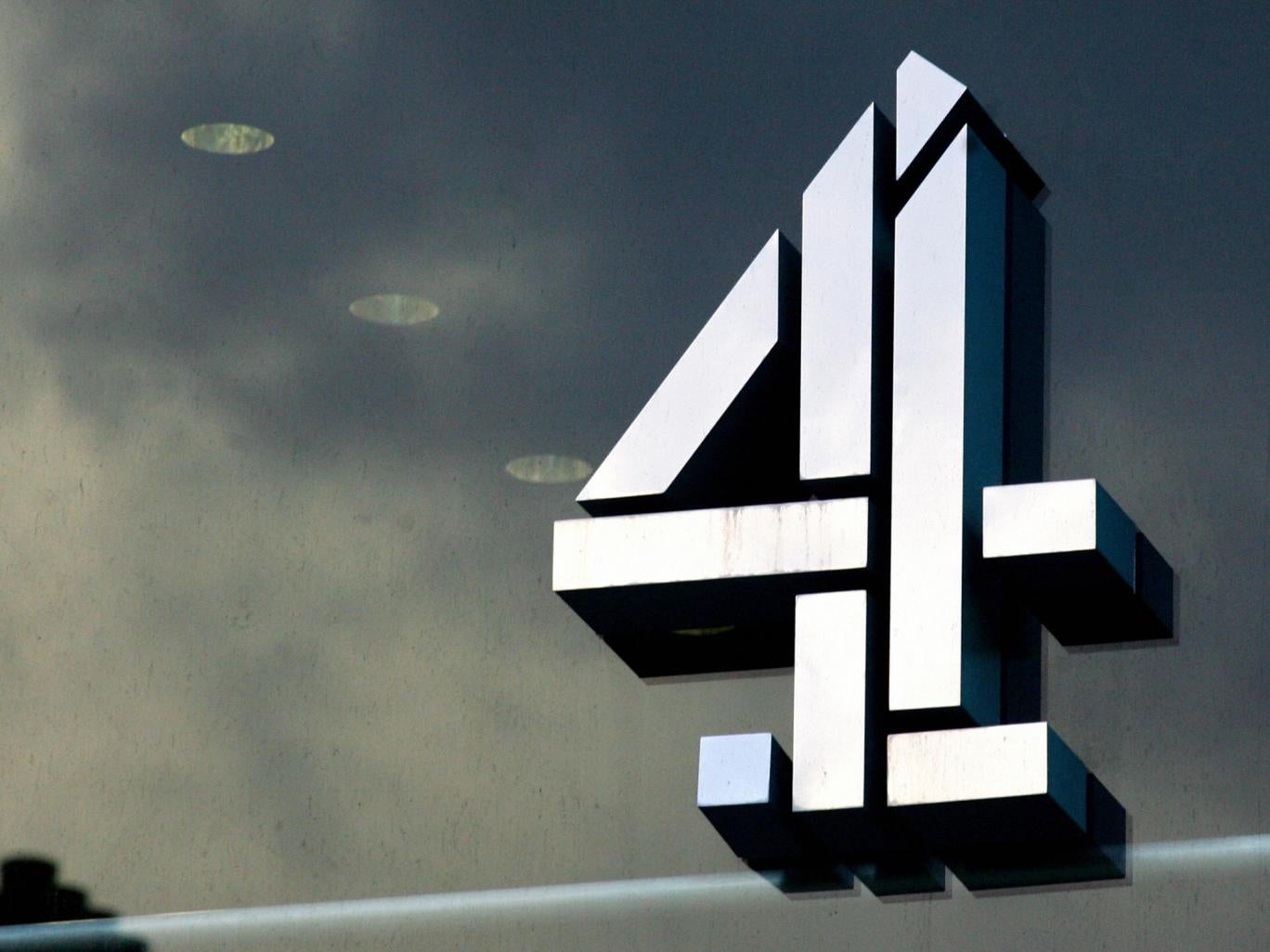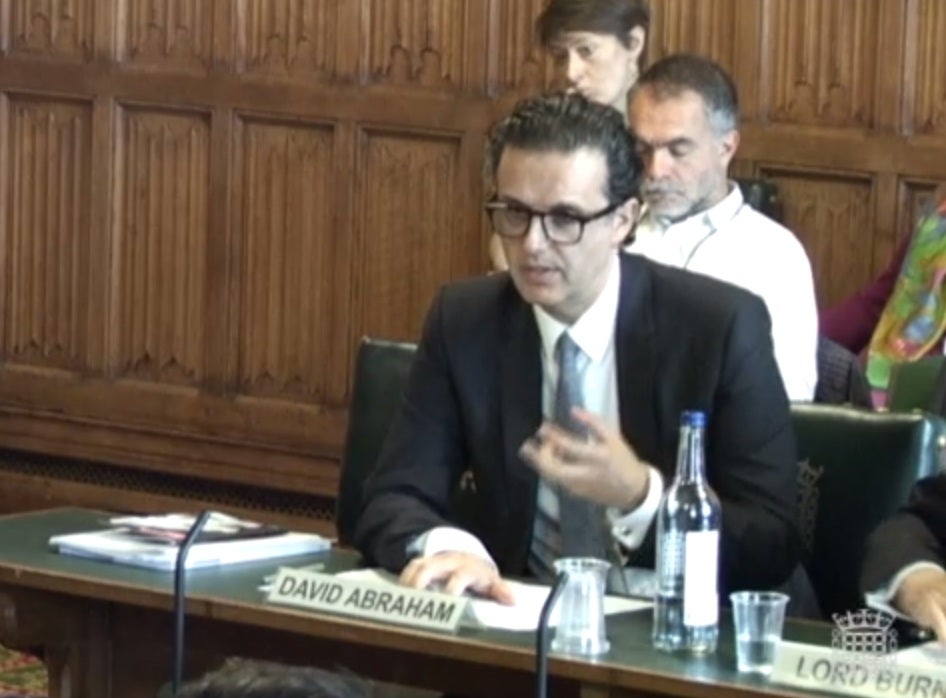Privatising Channel 4 would undermine the independence of its journalism, says the broadcaster's chief executive
David Abraham says shareholders would try to interfere in the organisation's news output

Privatising Channel 4 would undermine the “fierce independence” of the broadcaster’s journalism, its chief executive has said.
David Abraham, the channel’s chief executive, warned that shareholders would likely interfere with the channel’s news output if it was sold off and said this already happened in other companies.
“I can imagine getting a phonecall in the middle of the night from a shareholder sharing their view about something we were about to air. That does happen in private companies and it probably would happen,” he told MPs on Parliament’s Culture Committee.
“A privatised Channel 4 could have written within it certain quotas about news hours as many organisations do – but the nature of that coverage would subtly change over time and the fierce independence of our journalism I can’t help but imagine would alter over time.”

Lord Burns, the chairman of Channel 4, meanwhile revealed in the same committee hearing that he had found out about the Government’s privatisation plans when he read about it in the newspapers.
The fact that the Government is looking at privatising the broadcaster first emerged last month when secret documents were photographed in the hands of an official outside Downing Street. The documents asked ministers to sign off a plan “looking at privatisation options in particular”.
Lord Burns told MPs that he had “no idea” whether the channel was on the verge of being sold off by the state.
“The answer to that is I have no idea. I know no more than you know, I know no more than I have read in the newspapers and statements by ministers that is it,” he explained.
In August Conservative Culture Secretary John Whittingdale denied that privatisation was under discussion at all.
“The ownership of Channel 4 is not currently under debate. Do I say there are no circumstances in which I would ever consider it? No I don’t,” he told the Guardian Edinburgh International Television Festival.
Asked by SNP MP John Nicholson, a member of the committee, whether Mr Whittingdale had been “sneaky” over the plans, Lord Burns replied: “You might say that. I couldn’t really comment.”
He said he had had two meetings with the Secretary of State since the election but that he had not directly asked the minister about privatisation.
The peer, who has chaired the organisation since 2010, said he and his executive team believed that Channel 4’s “essence” was in the fact it was not-for-profit.
He suggested that even if the broadcaster was sold off that its not-for-profit status should be maintained.
Channel 4 is publicly owned and has a remit to provide a certain amount of public service broadcasting. Unlike the BBC the channel sustains itself through the sale of adverts and other commercial activities.
The Department for Culture, Media and Sport said at the time of the revelation of the privatisation idea: “The Government has made no decisions regarding reform of Channel 4. Channel 4 has an important remit and we are looking at a range of options as to how to continue to deliver this, including options put forward by Channel 4.”
Join our commenting forum
Join thought-provoking conversations, follow other Independent readers and see their replies
Comments
Bookmark popover
Removed from bookmarks